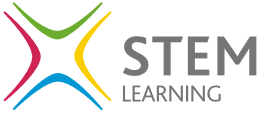Or search by topic
Number and algebra
Geometry and measure
Probability and statistics
Working mathematically
Advanced mathematics
For younger learners
Patterns and Sequences KS2
This collection is one of our Primary Curriculum collections - tasks that are grouped by topic.
Count the Digits



In this investigation we are going to count the number of 1s, 2s, 3s etc in numbers. Can you predict what will happen?
Break it Up!



In how many different ways can you break up a stick of seven interlocking cubes? Now try with a stick of eight cubes and a stick of six cubes. What do you notice?
Counting Stick Conjectures



How many rectangles can you see? Are they all the same size? Can you predict how many rectangles there will be in counting sticks of different lengths?
Street Sequences



Investigate what happens when you add house numbers along a street in different ways.
Holes



I've made some cubes and some cubes with holes in. This challenge invites you to explore the difference in the number of small cubes I've used. Can you see any patterns?
Times Tables Shifts



In this activity, the computer chooses a times table and shifts it. Can you work out the table and the shift each time?
Unravelling Sequences



Can you describe what is happening as this program runs? Can you unpick the steps in the process?
Tables Without Tens



Investigate and explain the patterns that you see from recording just the units digits of numbers in the times tables.
Button-up Some More



How many ways can you find to do up all four buttons on my coat? How about if I had five buttons? Six ...?
Sticky Triangles



Can you continue this pattern of triangles and begin to predict how many sticks are used for each new "layer"?

You may also be interested in this collection of activities from the STEM Learning website, that complement the NRICH activities above.

